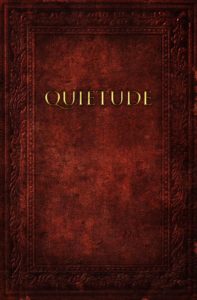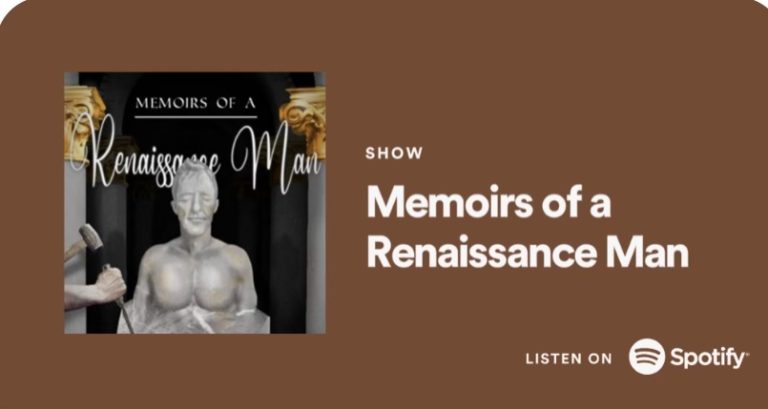The following is an excerpt from my new novella, Quietude, available on Amazon January 9, 2024
⚛︎
“As you start along the way, the way appears.”
The cover was torn—the edges were tattered. Everyone wondered what was so precious inside Rumi’s Little Red Book. Those who took notice of her would watch her deliberately jotting notes on the blank pages within, completely absorbed in her own thoughts. No one thought to ask her about it. Instead, people told stories about the book—none of which were true.

The book was given to her as a gift, the occasion unrecorded by history. When Rumi first received it, she couldn’t read or write—the book inspired her to learn. One day, she vowed, she would fill the book with all the wisdom she would acquire throughout her life. She told no one of this, minus Ma, whom she told everything.
She learned to read on her own. It was a curious endeavor; one day she sat down and looked to the heavens and said, “I would like to know how to read.” It wasn’t long before she was able to pick up a book and read it from cover to cover. She never really studied; almost in an instant, what once seemed like jumbled symbols now formed together to make coherent sense. When she revealed to her mother this accomplishment, Ma was shocked by what Rumi had learned. She herself did not know how to read, and she couldn’t help but wonder how her much younger daughter had mastered the feat.
“How did you learn to read?” she asked her inquisitively.
“I prayed for help and then help arrived,” she responded. “And then I acted.”
Her mother nodded, not really understanding.
Rumi then began teaching her own mother how to read. They studied together each day. Rumi would write words in her Little Red Book, translate them and then patiently teach Ma how to read the words. Before long, Rumi’s mother was reading with her—slowly, at first, but reading, nonetheless.
Rumi’s mother was always silently impressed with her only daughter. She marveled at her indomitable will; Rumi faced every challenge head-on without letting anything hinder her pursuit of her goals. For years, Ma felt shame for not being able to read and write but did nothing to overcome the obstacle. Rumi, she thought, never let anything stand in her way.
One evening when they were reading by the kerosene lamp, Ma decided to ask her about it.
“What made you think you could teach yourself to read?” she asked as the flame of the lamp danced about creating patches of light across Rumi’s face.
“Ma, when the pressure is on, start.”
Could it be that simple, her mother wondered? Could all of life boil down to just attempting to attain what one desired? Rumi’s mother couldn’t believe the simplicity in the wisdom of this advice. For her, she felt as if life happened to her. She had never even considered that she had a choice in the matter.
The Little Red Book
When Rumi finished what she was saying, she turned her attention to her Little Red Book. In her mind, she formulated the words that she would write down to remember. She liked to refine the words that she wrote. She knew the limited space in her book was precious, therefore she always made a point to be concise and direct.
As you start to walk out on the way, the way appears, she wrote in perfectly legible handwriting.
Rumi cherished her Little Red Book and treated it with the utmost care. When this book is complete, she thought to herself, I will give it to the world for those seeking their way through the darkness. It must represent my best effort.
Let yourself be silently drawn by the strange pull of what you really love. It will not lead you astray, she wrote after formulating the thought.
The script was written perfectly. The lines linear and eye-catching—in a font that was uniquely Rumi’s own—the words popped off the page. She took tremendous pride in her Little Red Book. Rumi knew that no one could take away from her effort. This was hers and hers alone. To hell with anyone who thought differently.
Listen to David narrate this blog on Spotify!


